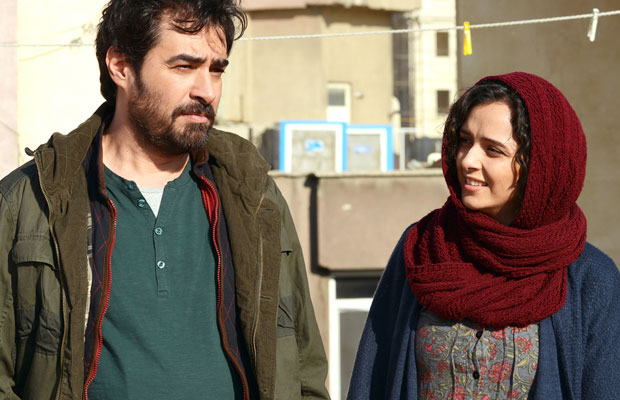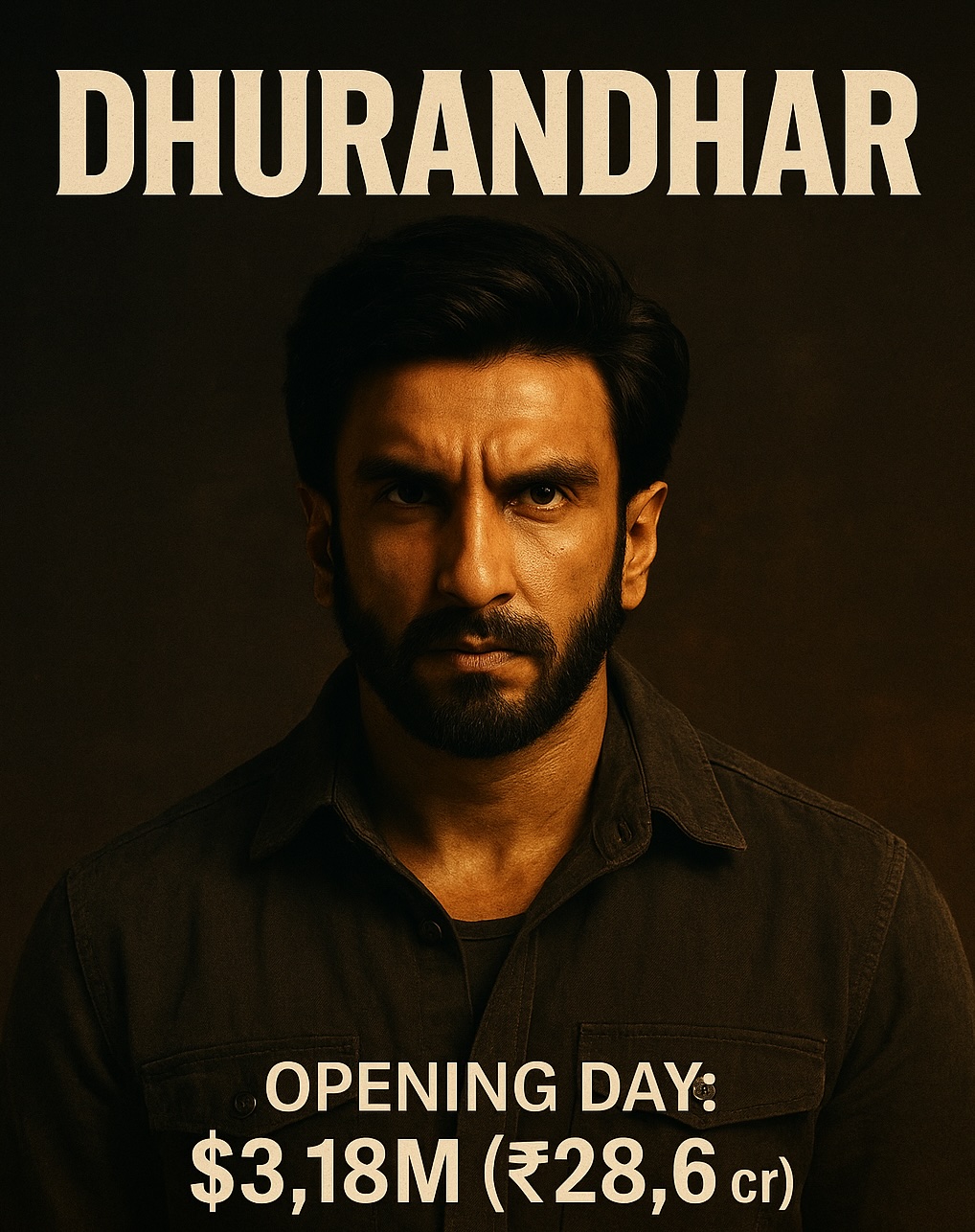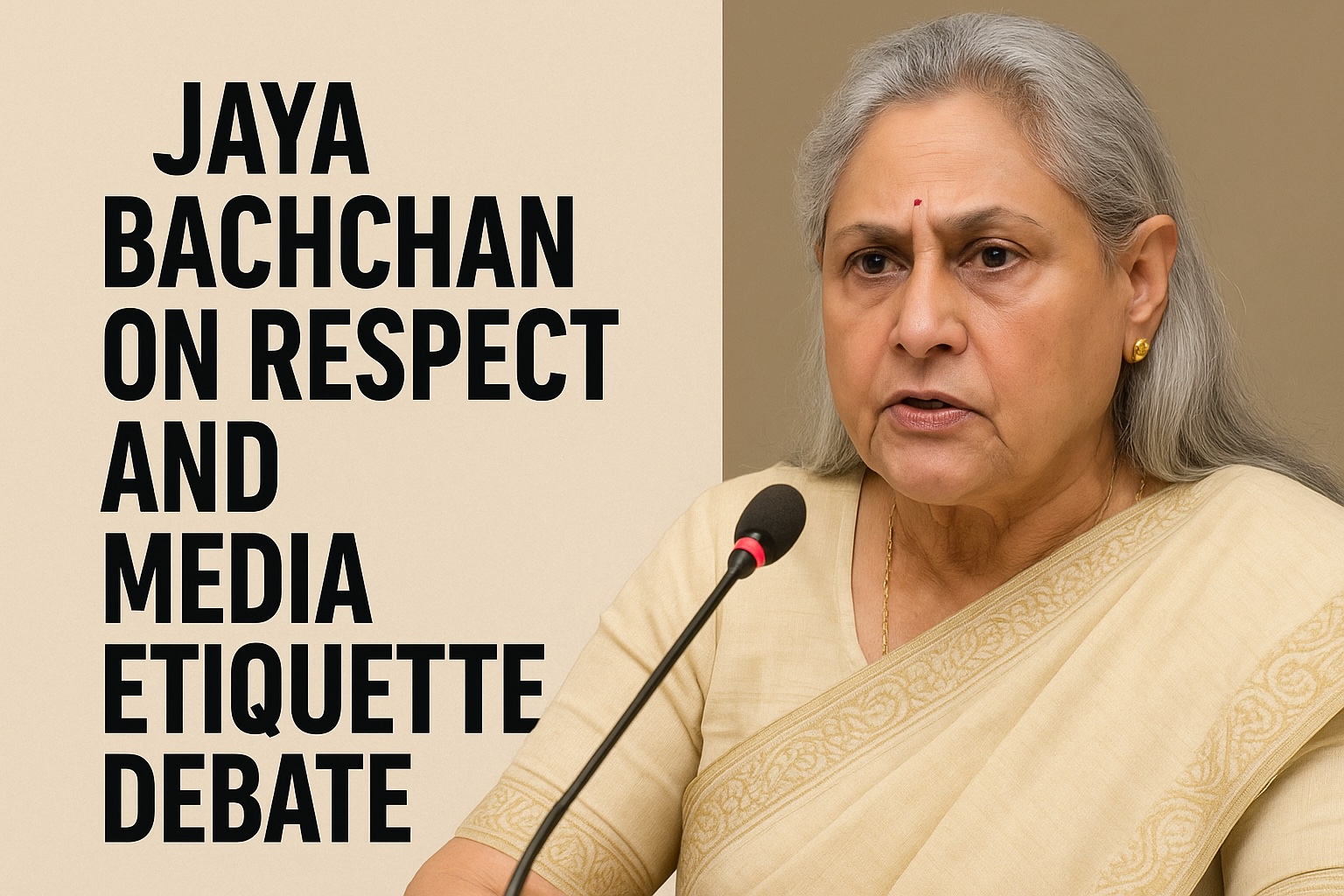After getting praised in multiple film festivals, The Salesman is all set to hit the screens in Indian theatres. The Salesman, which most of us would not have heard of, is actually an Oscar winning movie. Now it seems big, right? The film, which is written and directed by Asghar Farhadi, won the best foreign language Oscar, in Los Angeles, this year.
The story of The Salesman revolves around the lives of a married couple who perform Arthur Miller’s play Death of a Salesman on stage. The wife is assaulted and her husband attempts to seek the attacker, while the wife struggles to deal with this trauma.
The film is an Iranian family drama starring Taraneh Alidoosti and Shahab Hosseini in lead roles.
The movie is releasing in India on March 31st, 2017.
But how is an Iranian movie being talked about in India? Thanks to the person, Mr. Sunil Doshi, founder member and director of Alliance Media and Entertainment, who decided to bring this wonderful movie to the Indian audience.
In an interview with Business Of Cinema, Mr. Doshi tells us about the thought behind releasing this movie in India.
1. The film has received immense appreciation globally and has also won Oscars. How does it feel bringing it to the Indian audience?
The feeling is very similar that I personally had when I watched the film that this is a gem of the cinema. This is a great story that needs to be shown irrespective of it winning the Oscars or not. It was very important that I was very touched by this film and I said that why other people in my country should not be touched or should not be given an opportunity to actually experience such kind of eclectic films. And I thought that it was very important from a storytelling point of view, from a consumption point of view. It is important for people to really experience because everybody is not privileged in life to travel around the world and watch such films at various film festivals. We need to democratize watching films and making them accessible to people. This was one of the endeavors of my new label of Sunil Doshi Presents. Precisely that we need to be democratic and the ecosystem should not be only for the privileged ones but also for the common people, ordinary people who must have access to great stories irrespective of whether they are able to travel or not travel. But they should not be left out; they should be given the choices.
2. What are the criteria you look for to bring the best of world cinema to India?
Unfortunately or fortunately, there are no such tick marks that you do that it has to meet certain criteria. I think it is a very personal experience that while you are in a dark auditorium how the story consumes you, are you able to identify with that part of storytelling, how a small trigger like the one that happened in this film The Salesman and many of his (Asghar Farhadi) films about separation, a small trigger in a couple then can actually trigger a relationship crisis. The people that you have trusted, that you have lived with most of your life and then suddenly a small incident really dislodge you. And then when you reflect upon it what you really do is such stories must be seen by large number of people. We start thinking that can we create a platform, can we create a label wherein we provide an ecosystem of watching such films. So, these are some of the reasons that we really wanted to up bring such films to India.
3. Why The Salesman? There are surely many more critically acclaimed Hollywood films.
There is my character my personality when I do a small enterprise, when I start a small label of reaching out to people, the cinema reaching out to people. I am personally motivated by my own likes and dislikes about things and I found the film amazingly great to consume and I thought that a lot of other people might find it as good. So, it’s a very personal choice. I genuinely feel that in the world today, in the social media and the world has so much content to offer. All kinds of notifications come upon us, buy this, read this, watch this, do this, do that. But algorithm technology is developing based on what we have seen last and recommendation. But who is actually curating, personally curating for us, handpicking the content for us? For example, if we were to be great friends today and if I say that I read a book on homosapiens, now when you will go next time to amazon, flipkart or anywhere, you will think of such recommendations by somebody that you regard, somebody that you admire and respect. So where is this personal curation coming up, with a certain interactivity, with a human touch on that. If everything is going to be done by algorithm and the technology, where are we? Because at the end of the day art is created by the human beings and such kind of work like film is also created by human beings. I am not saying that I am against those mediums or algorithms. I am saying along with those algorithms and technology, human intervention, curation and handpicking must also co-exist together and give a larger variety of choices to the audience today.
4. How does the earning work then? Is it risky or profit motive?
It is very risky because I know that I will never have millions of people going in our country to watch such films because our literature, education and knowledge on cinema is restricted to the privileged few and that is why one of the adjectives of Sunil Doshi Presents is also to create an ecosystem, to create an audience development program, where we want people to be reached out through cinema. We want cinema to go to people rather than people coming to cinema because they have to negotiate traffic, they have to negotiate so much of expenses going to watch a film in a multiplex with food and beverages, with all the problems that the city has to offer. I am saying that can we turn this upside down? Can we do something where we take cinema to people? So, this was one of the big reasons.
5. Don’t you think in today’s world, streaming giants like Netflix and Amazon are taking over the business of the theatres?
I don’t think so. I feel that there is always going to be a co-existence model. So when washing machine came we felt the same, when fax machine came we felt the same, when radio and television came we felt the same. But we have all adapted ourselves with the time gradually and otherwise. Of course with an OTT platform today which is a new great concept, it is really becoming more popular than television and cinema. However what I am saying is that there will always be tentpole films, and there is always going to be that experience of cinema in the way that our parents used to take us to a circus once or twice in a year. I think cinema theatres will exist, Netflix, Amazon will exist. Technology is going to give you a wide variety of choices and very democratic choices. For certain kind of films you will only consume on the OTT platform, for a certain kind of a tentpole a blockbuster you will visit cinema. So, there is going to be a lot of segmentation, fragmentation that the technology is going to be providing for the audience of different types.
6. You are planning to bring more foreign films to India. Can you elaborate it?
So, this initiative is not just restricted to The Salesman. I think I am continuously watching more and more films, I am continuously reading more and more scripts as they get into production. So I am keeping a very close eye on the trends that are developing. I think a non-fiction and a factual entertainment is gaining a currency around the world. So, I want to bring some factual entertainment films also in India. We are acquiring some of the important and significant films and we are going to show them under Sunil Doshi Presents.
7. Lastly, what are your strategies to take the world cinema in India even more far and wide?
So what we are planning to do, we are developing a community of film-goers, we are taking films to them. For example people go to IIMs, we are gonna go to IITs, we will go to various cultural and literature festivals, we will go to the campus of the schools. It’s very far fledged but we would want to see that ‘wall is a screen’ kind of concept. So, wherever we see a wall we would want to make it possible. Give people a great experience of watching a film, whether be at home, whether be out. We want to make film watching very open and very democratic to people. Many years ago John Abraham, a Malayali filmmaker used to show films like Amma Ariyan and many other films in the fishermen’s community with two bamboos and a dhoti tied as a screen and he would actually go and watch the films and collect the films in a kind of a co-operative and he used to finance and actually distribute the films in this very manner. So, I think in a way we want to go back to our roots but with the help of technology, with the help of innovation and providing a sophisticated viewing experience to the people.
Watch The Trailer Here





